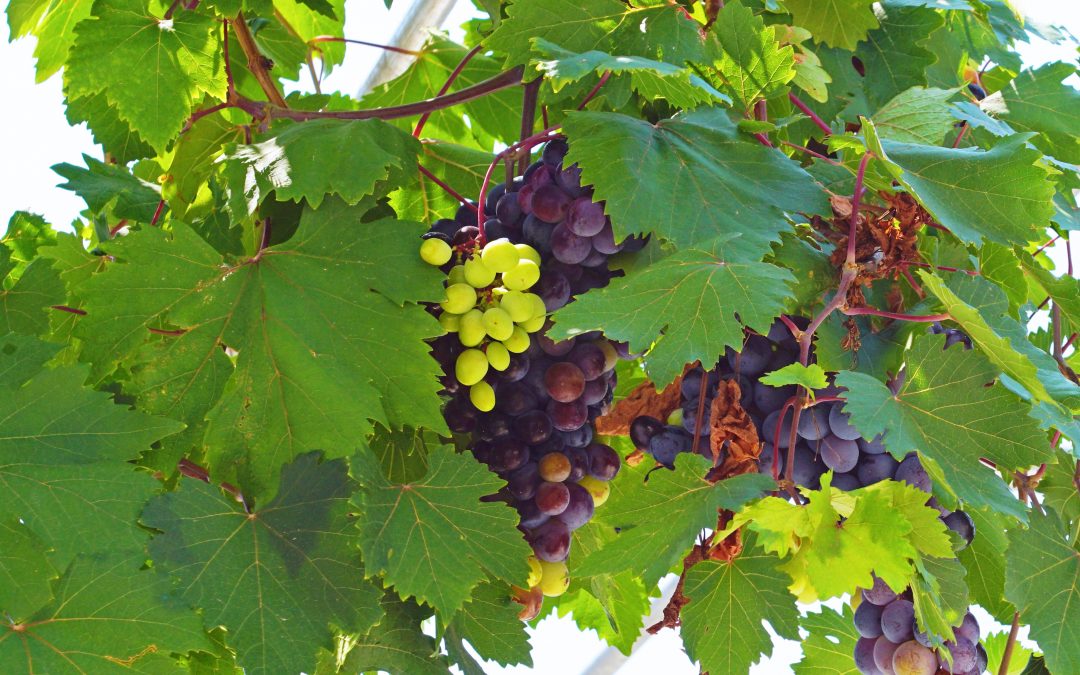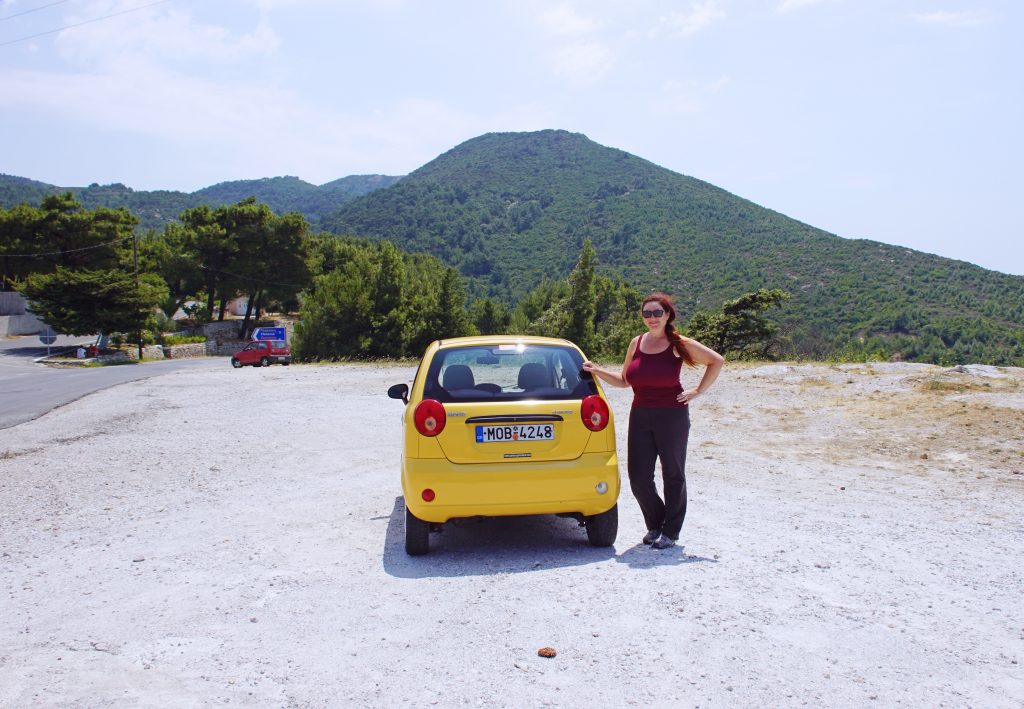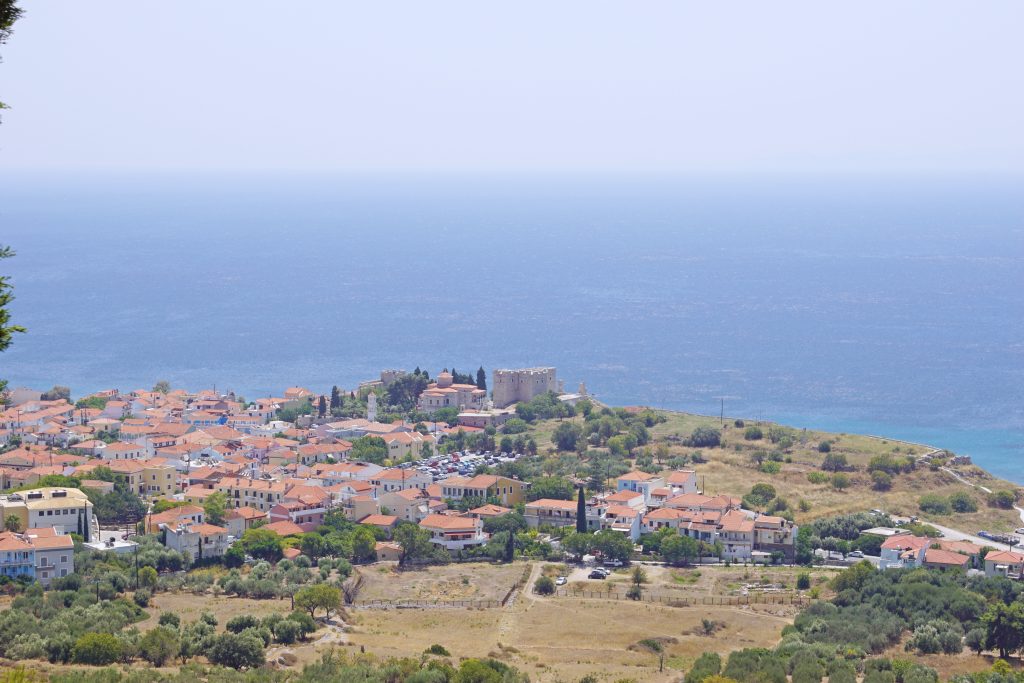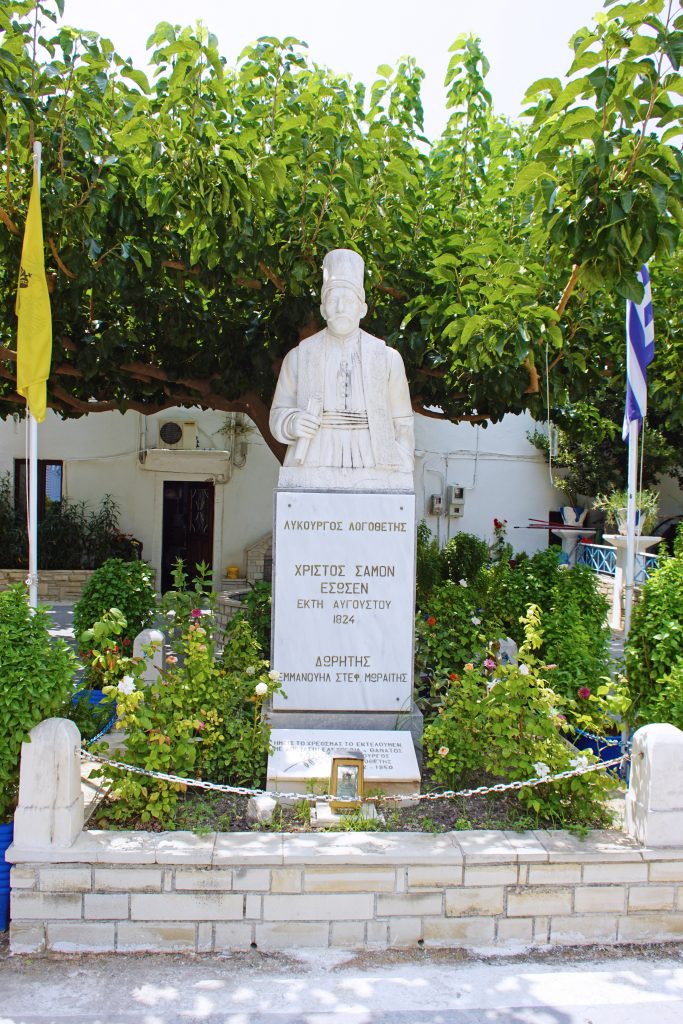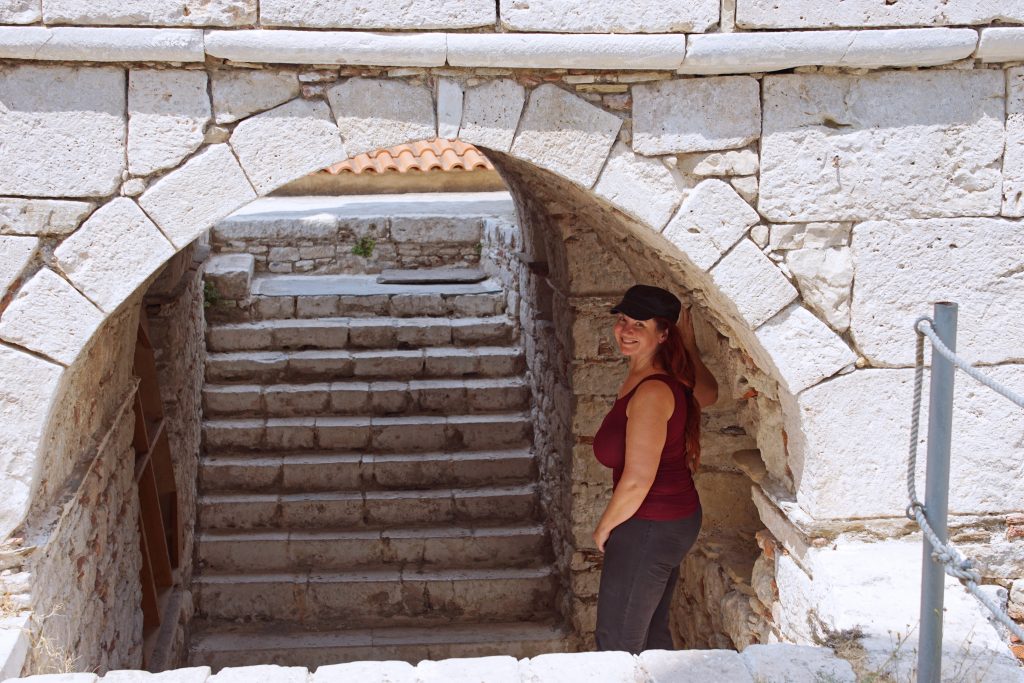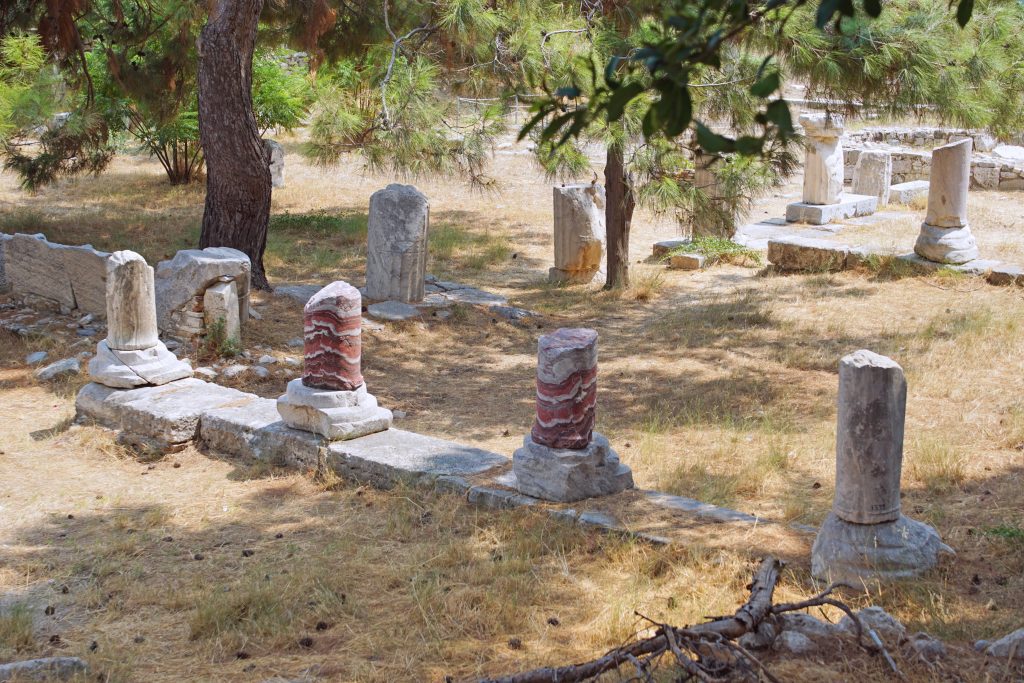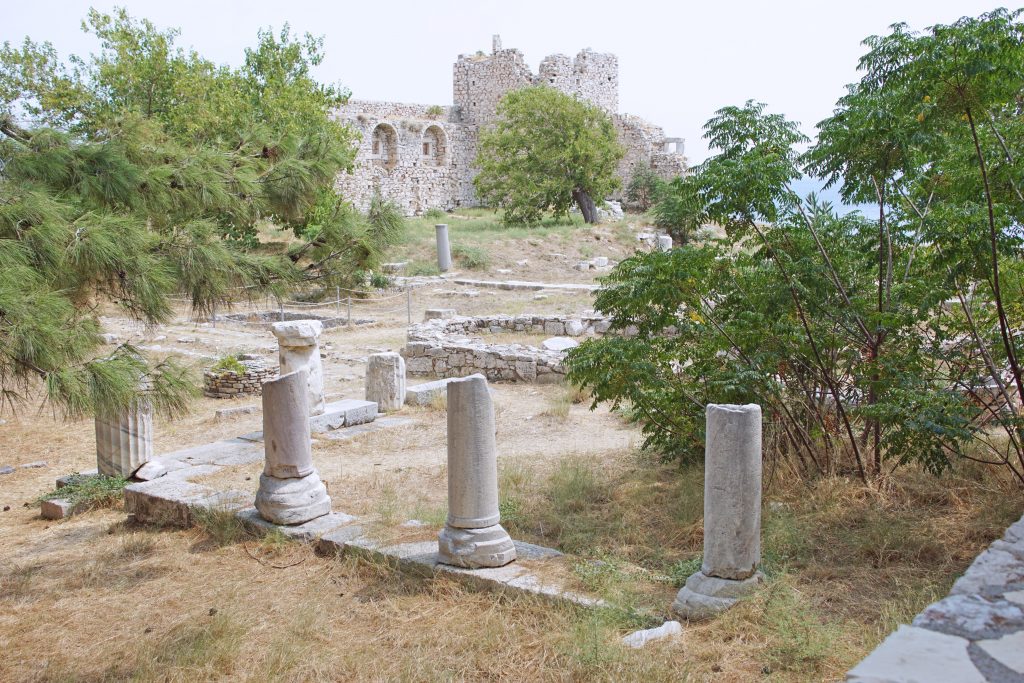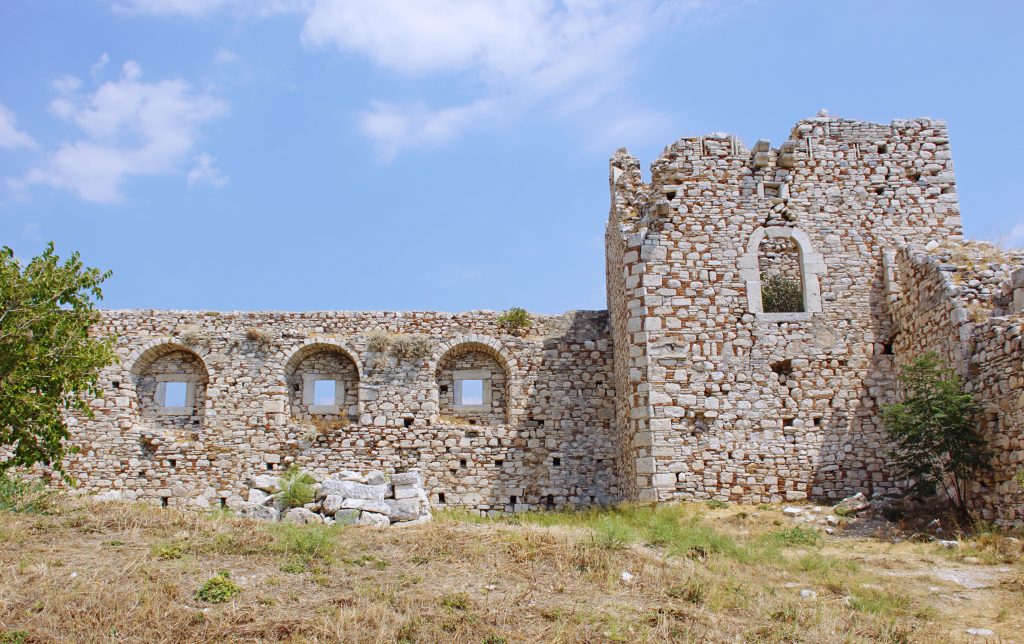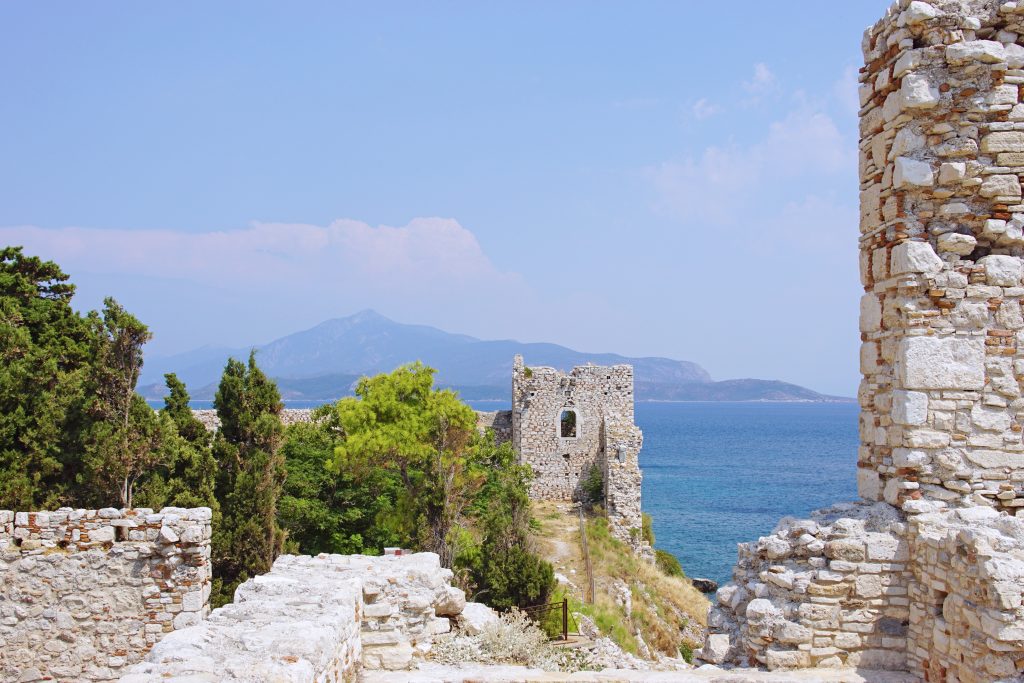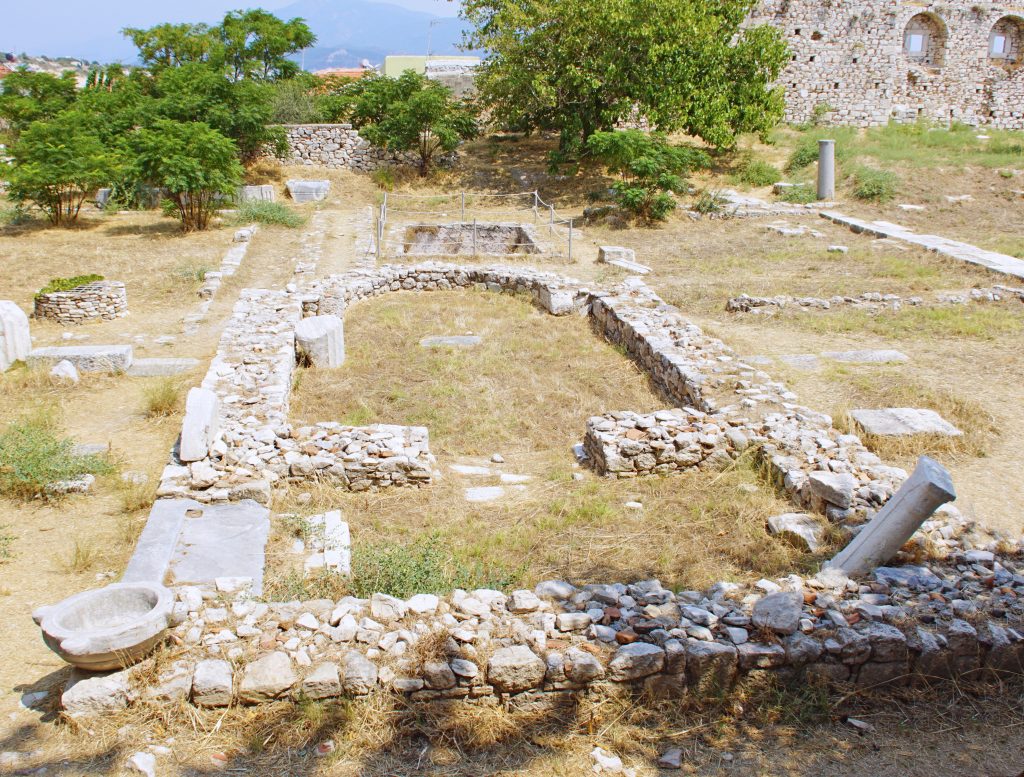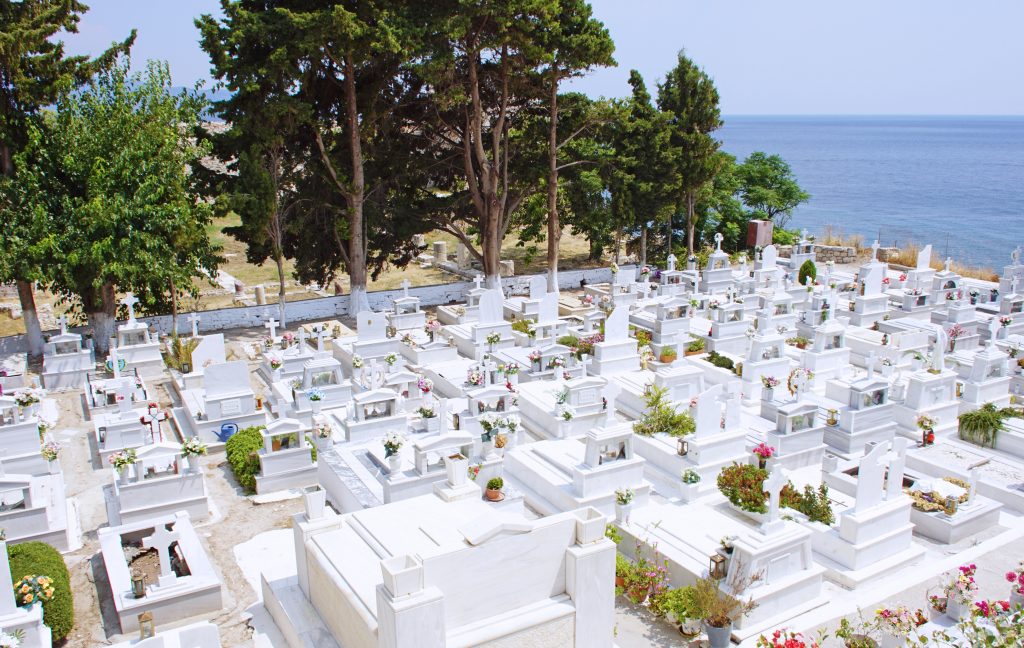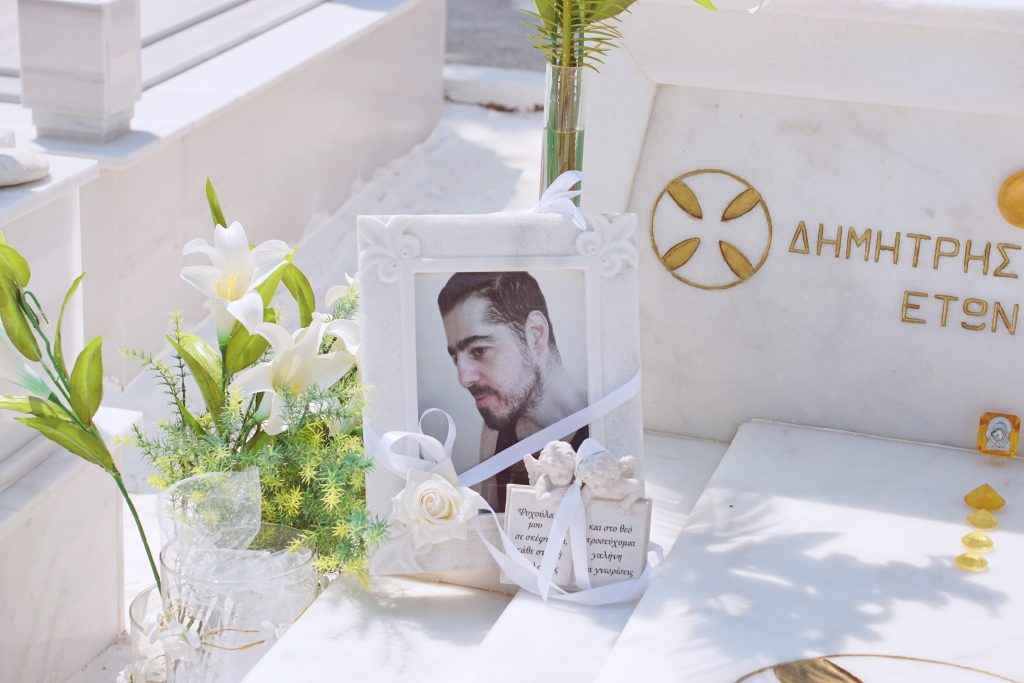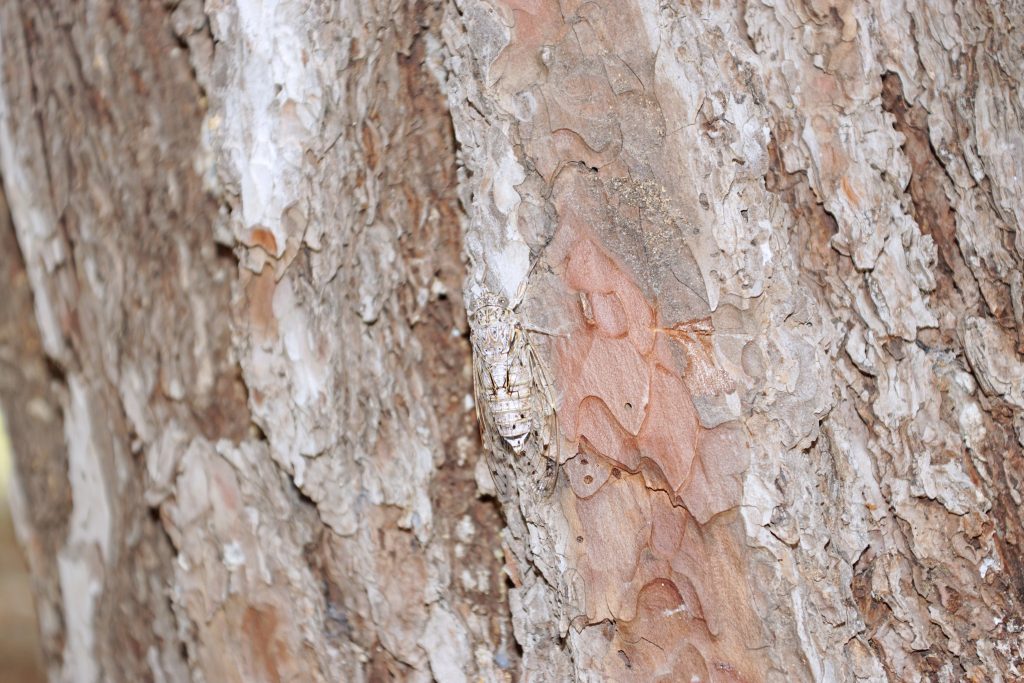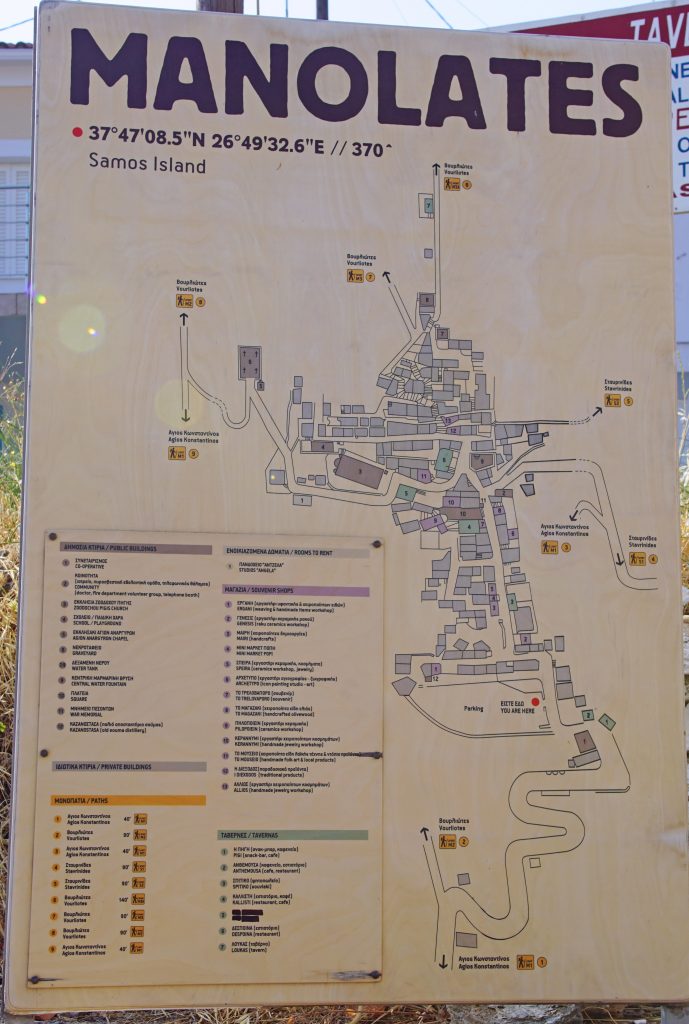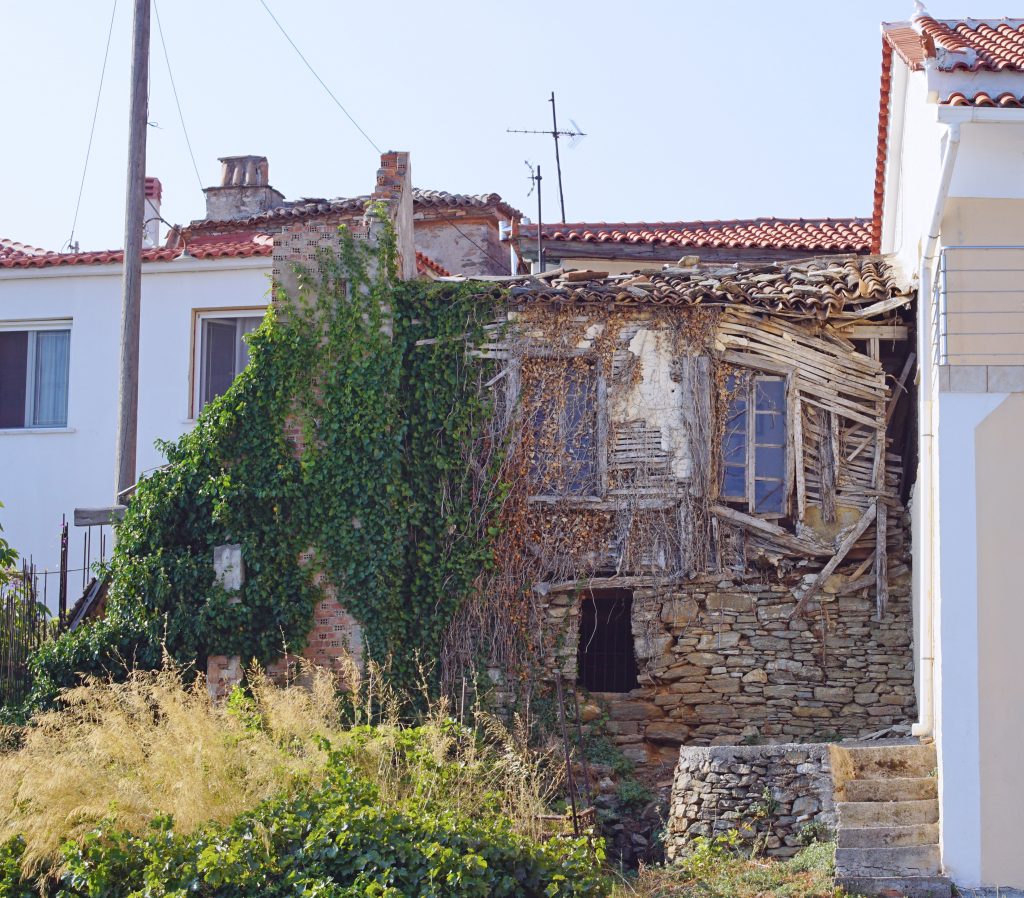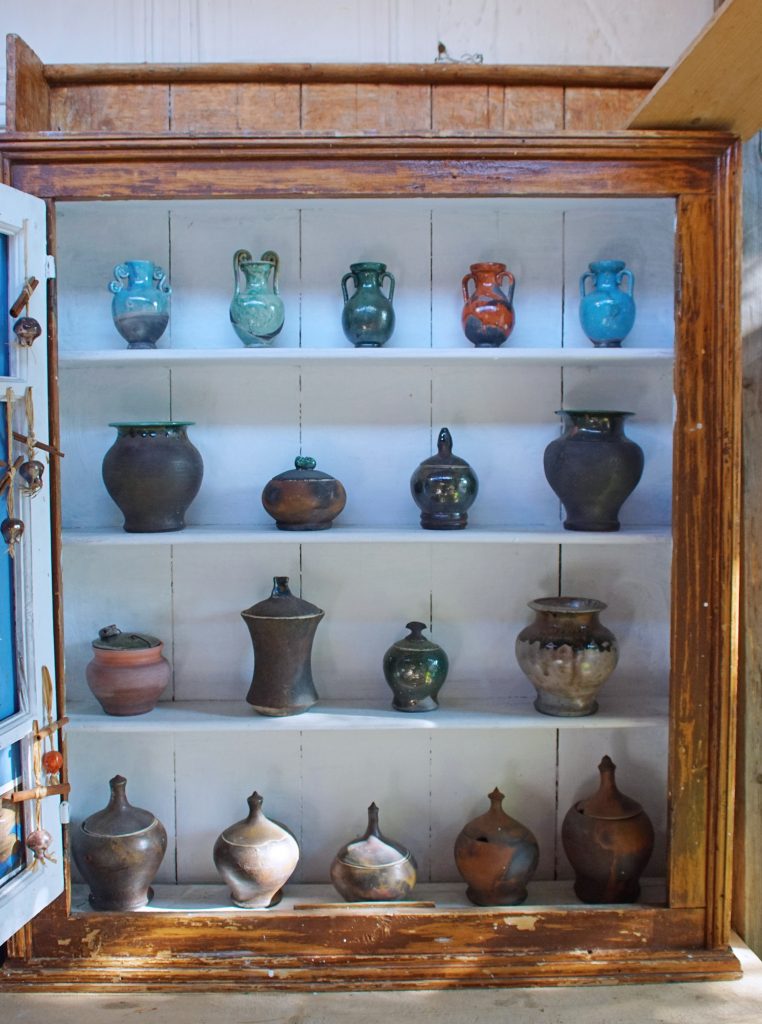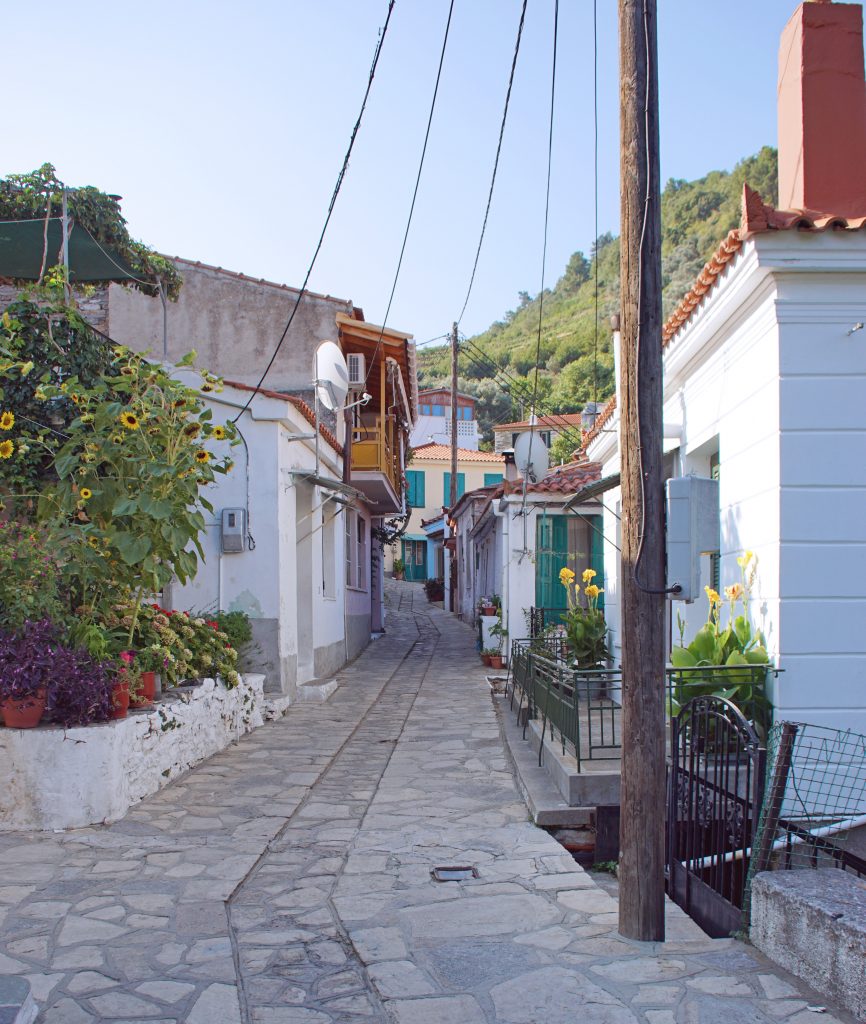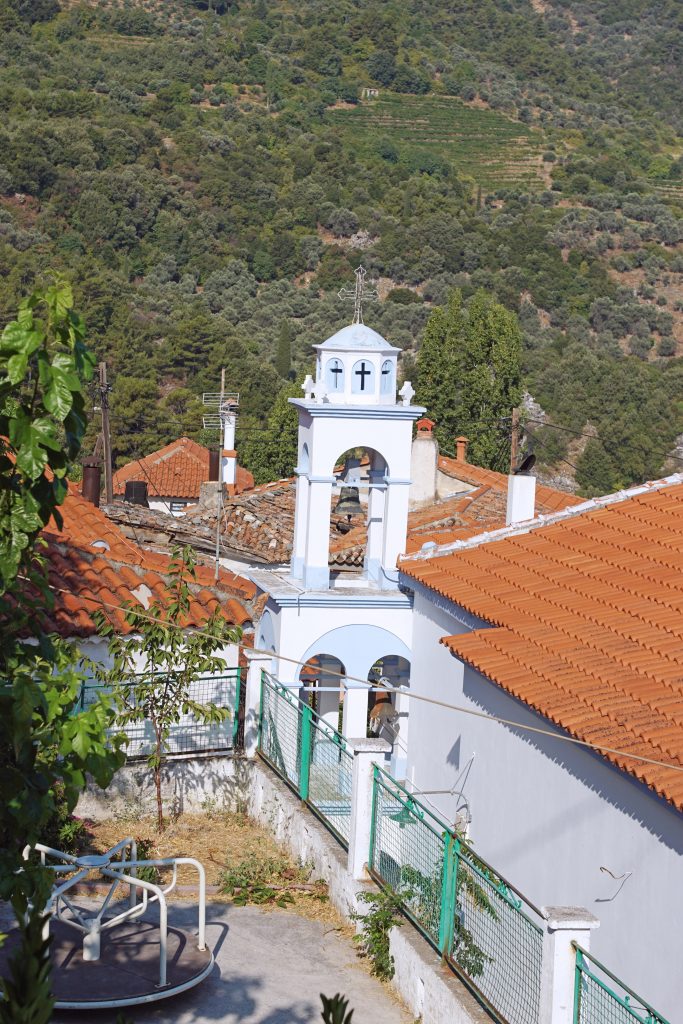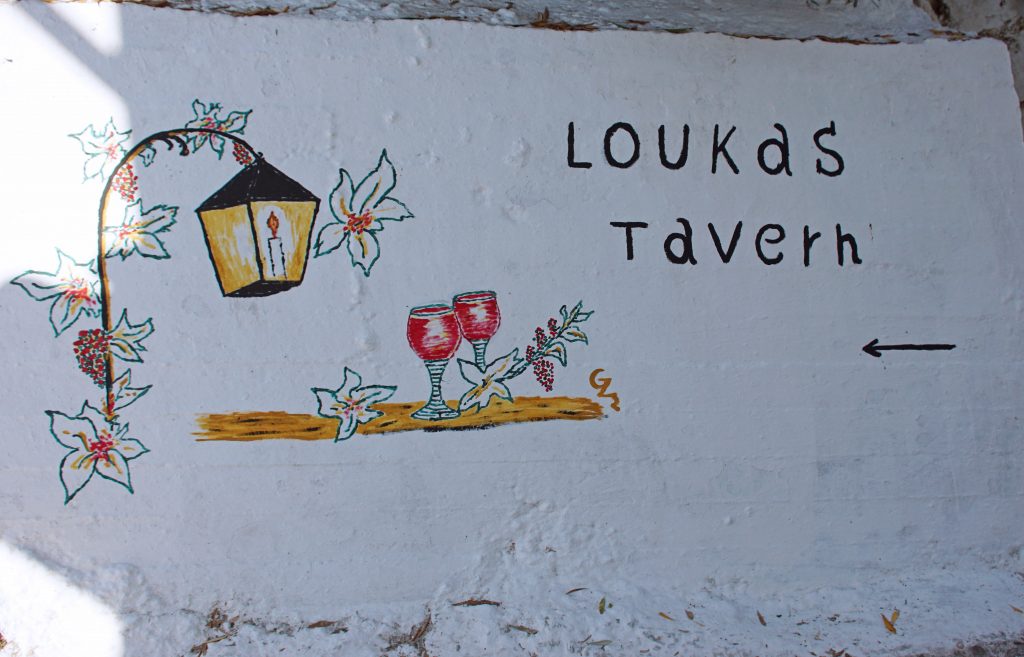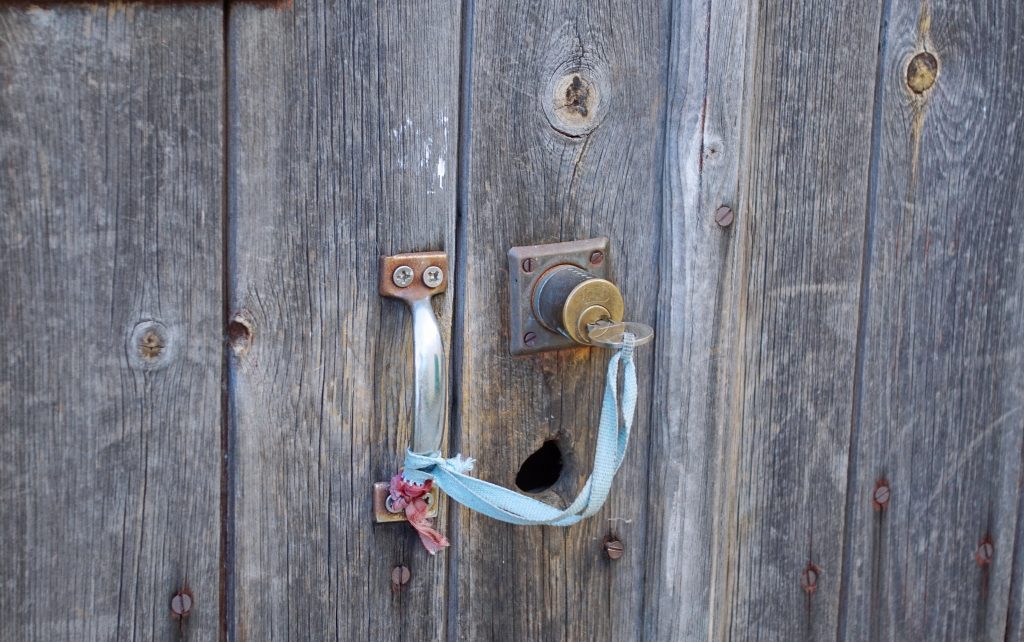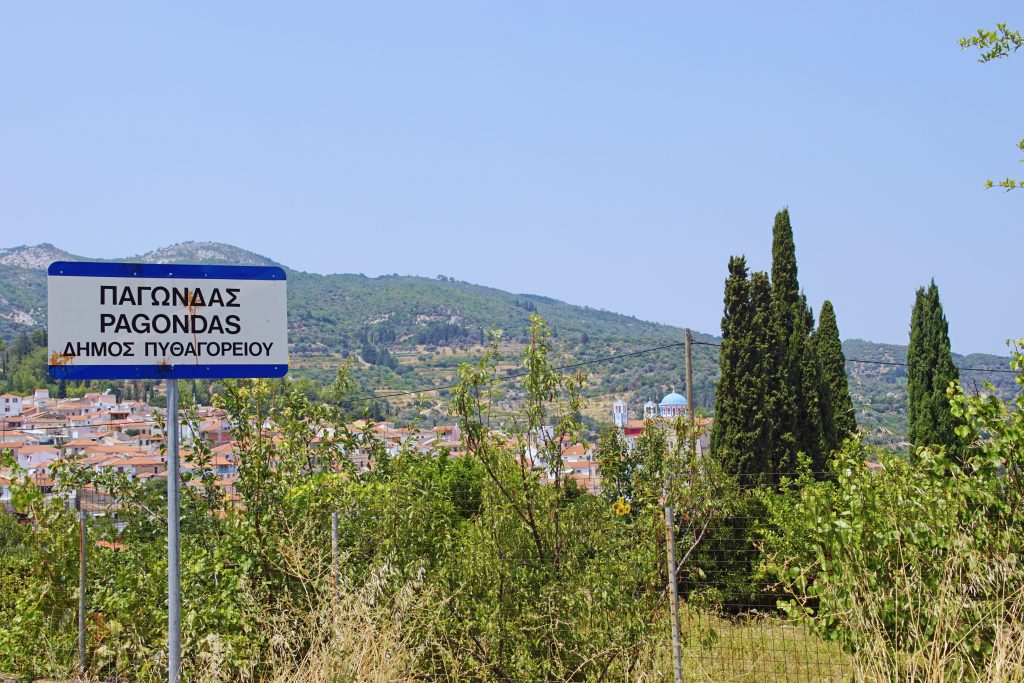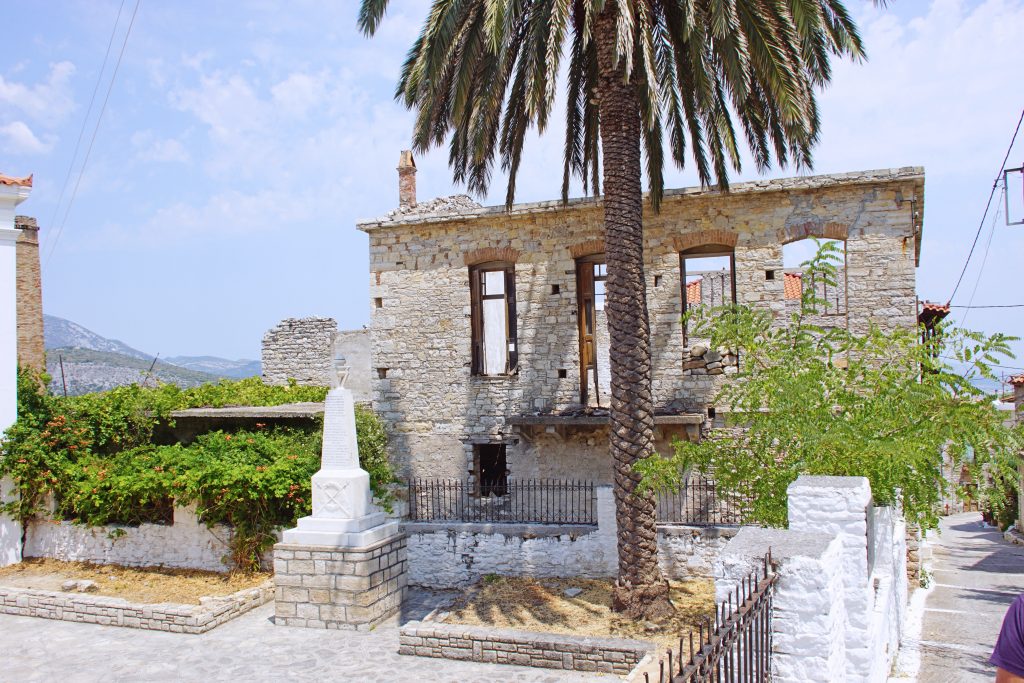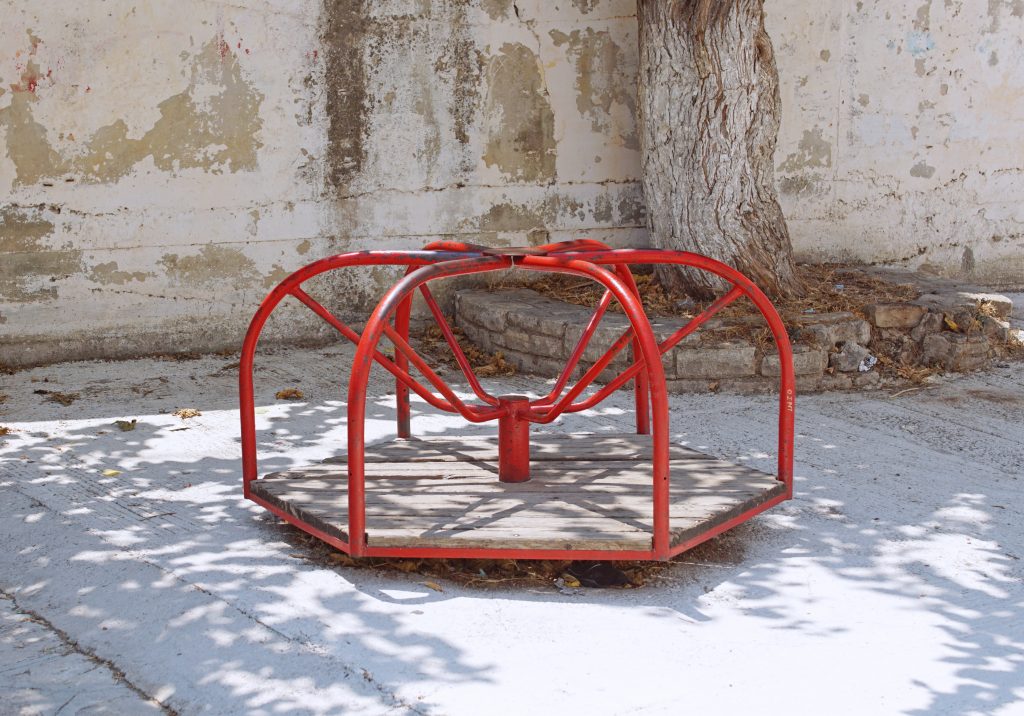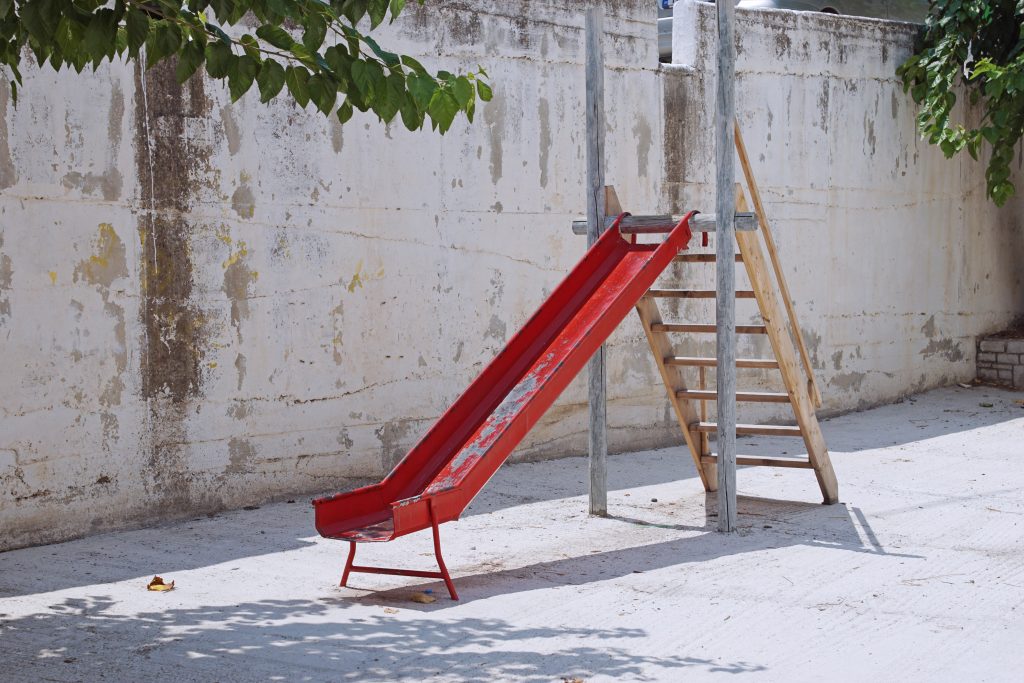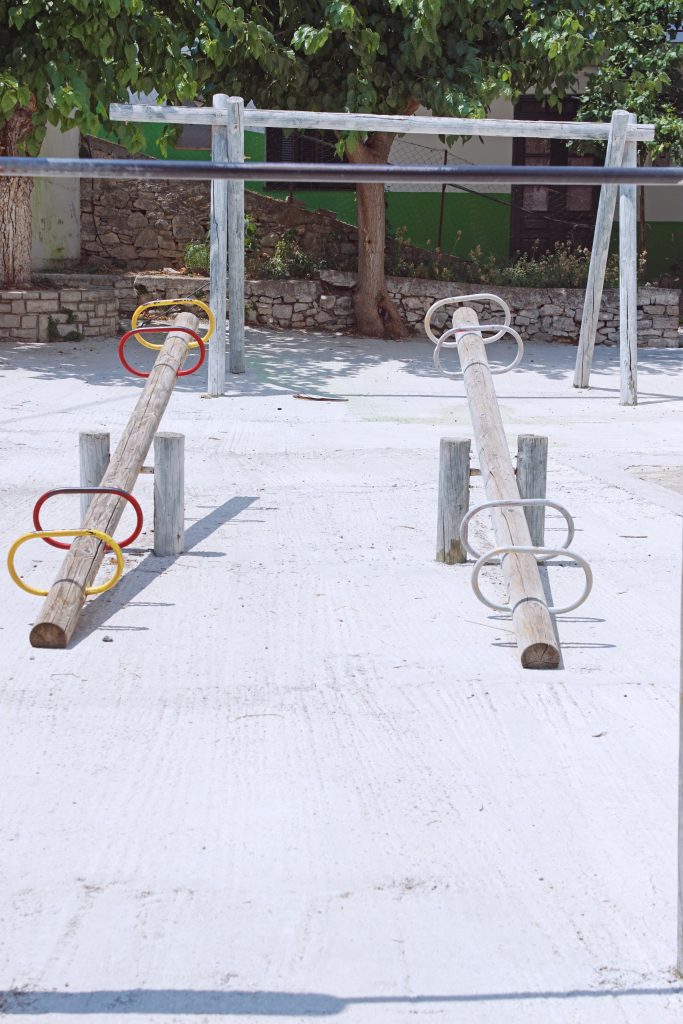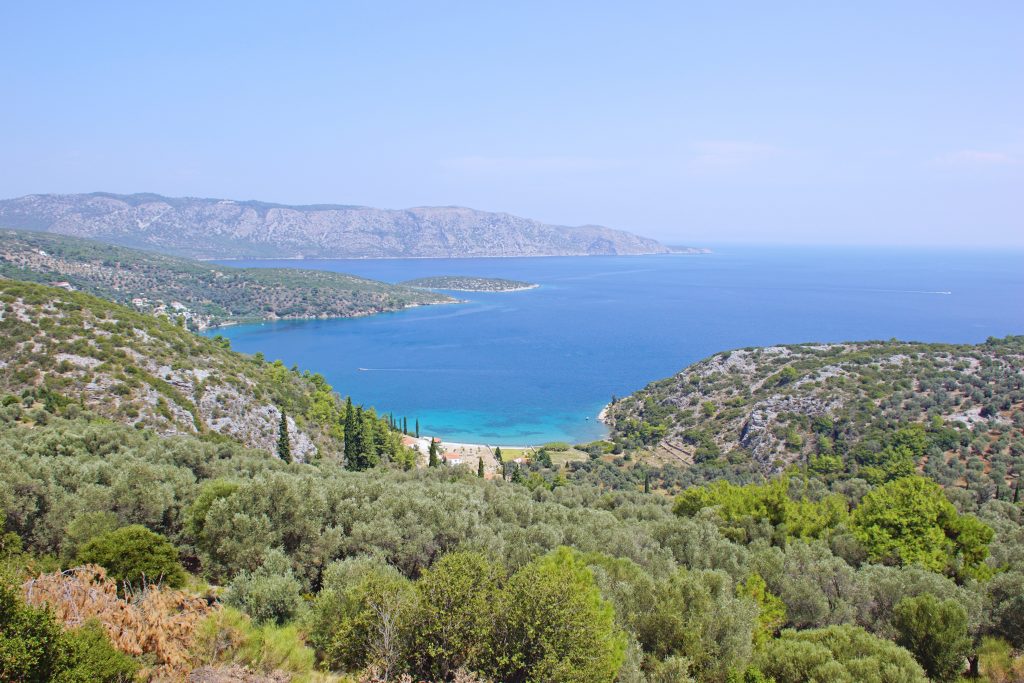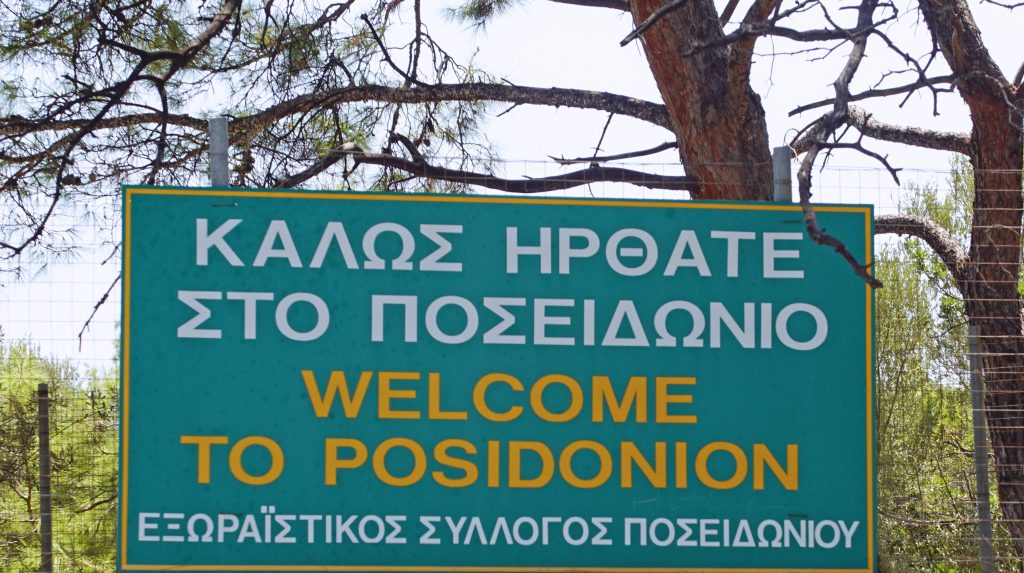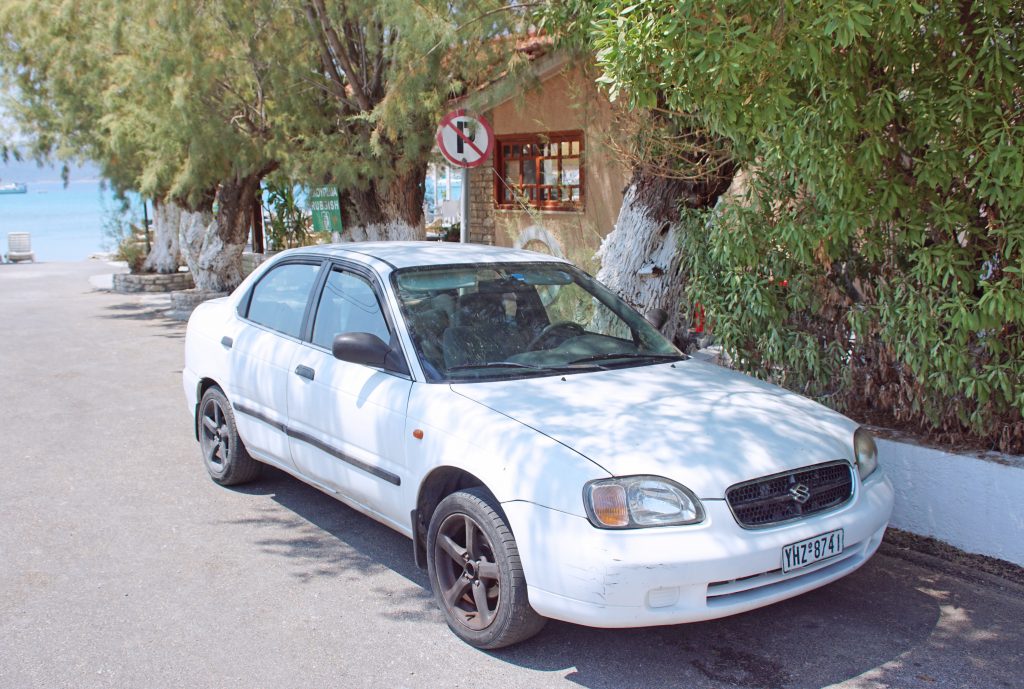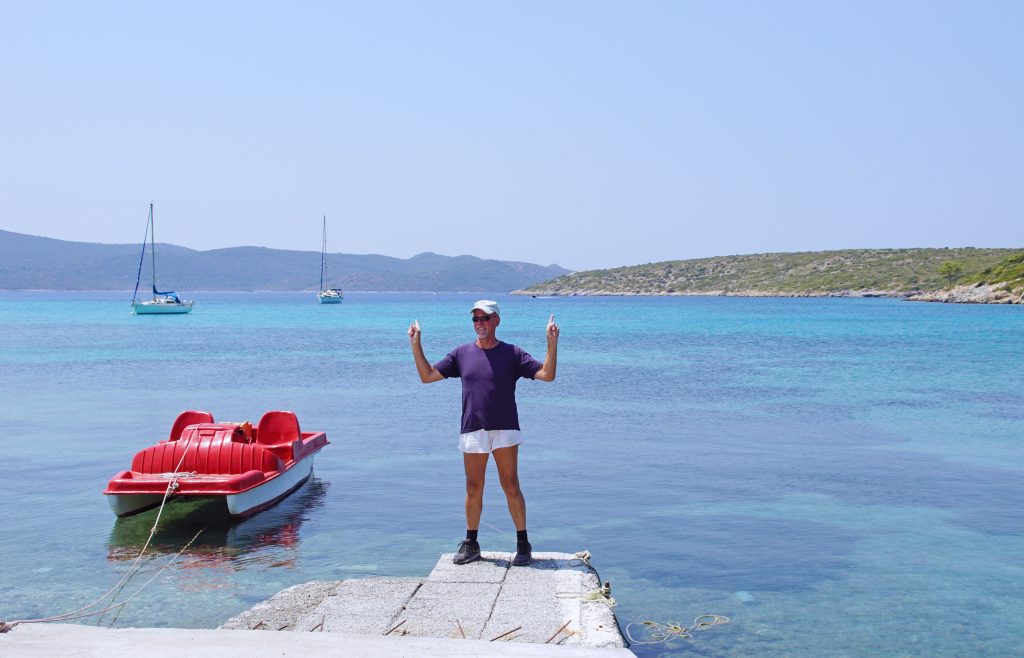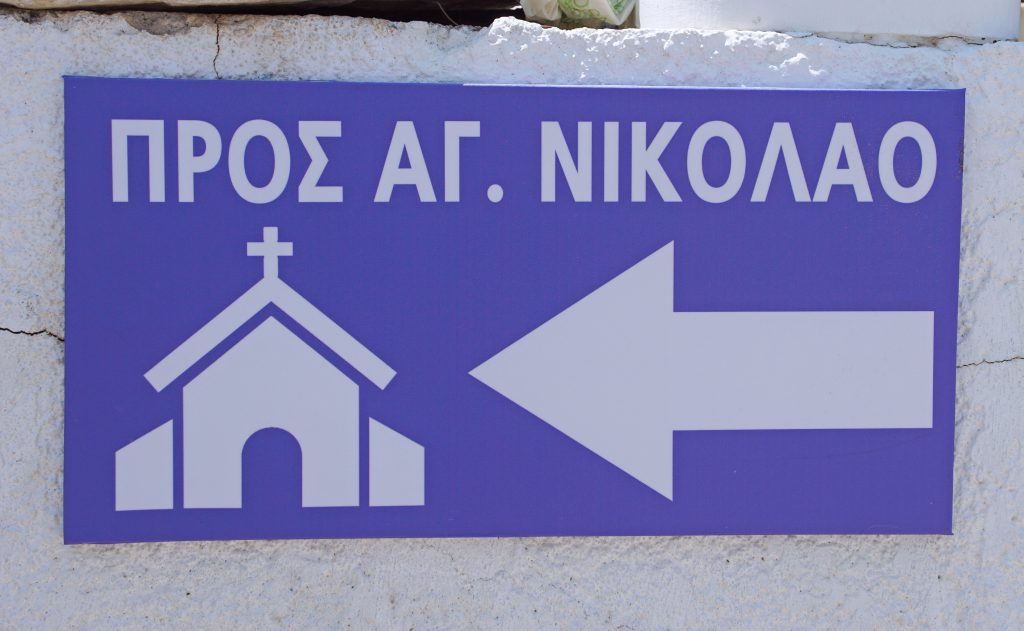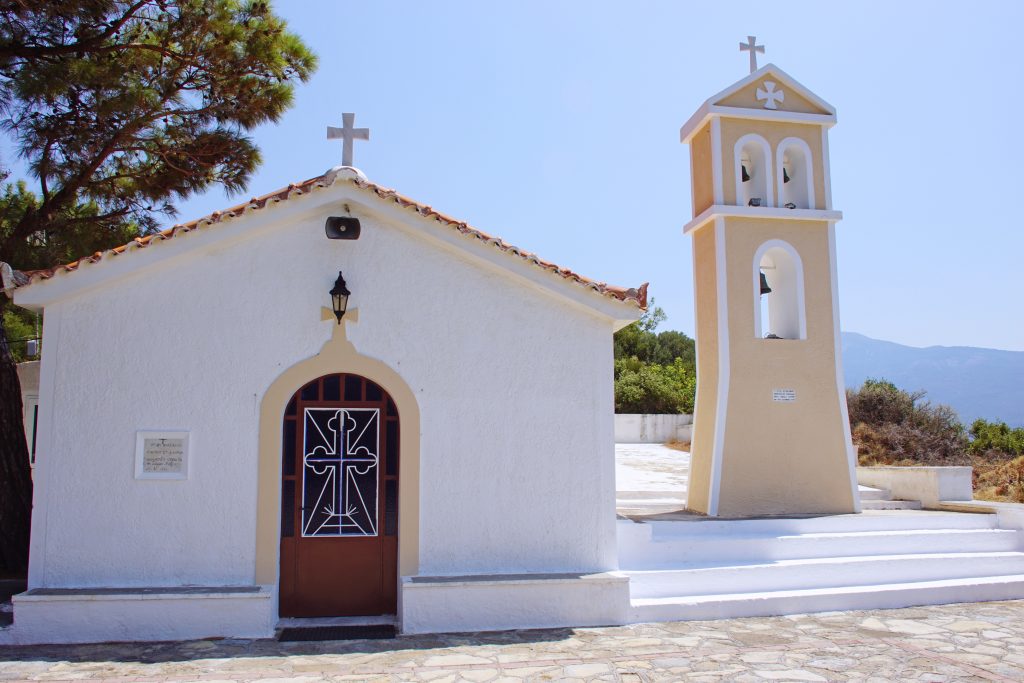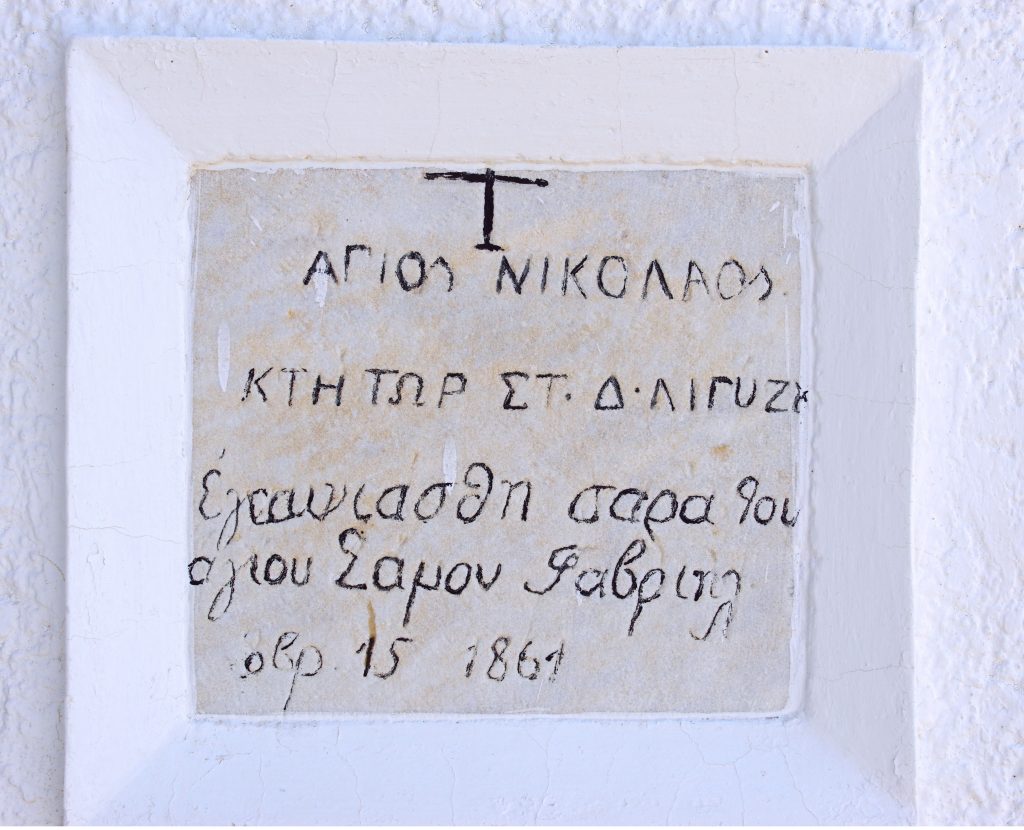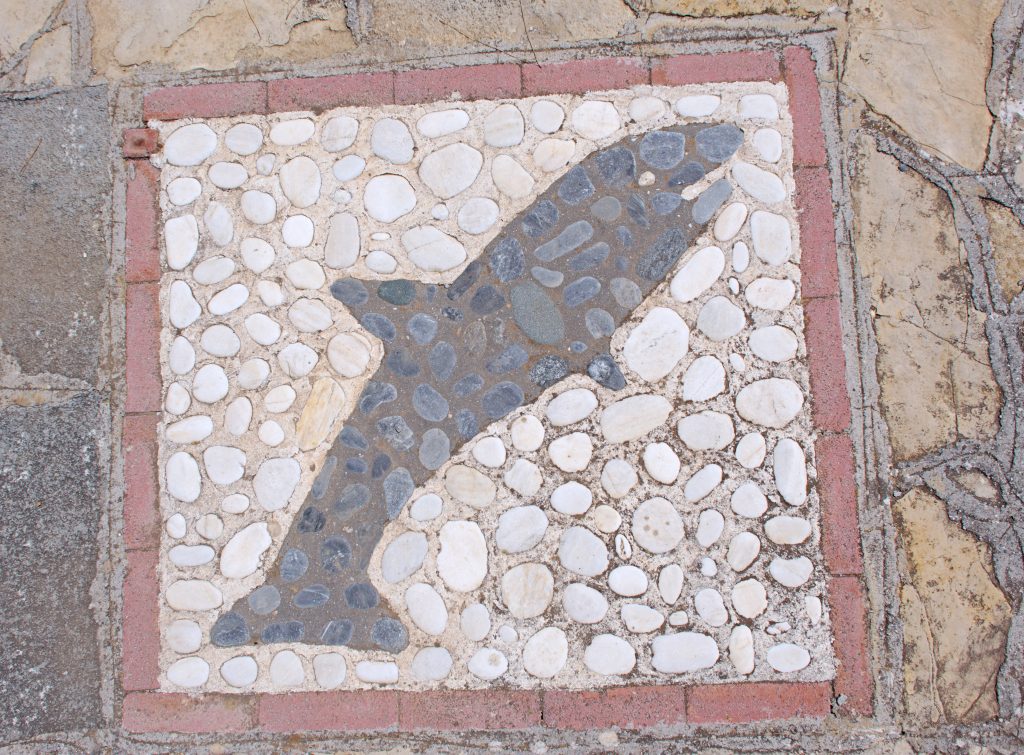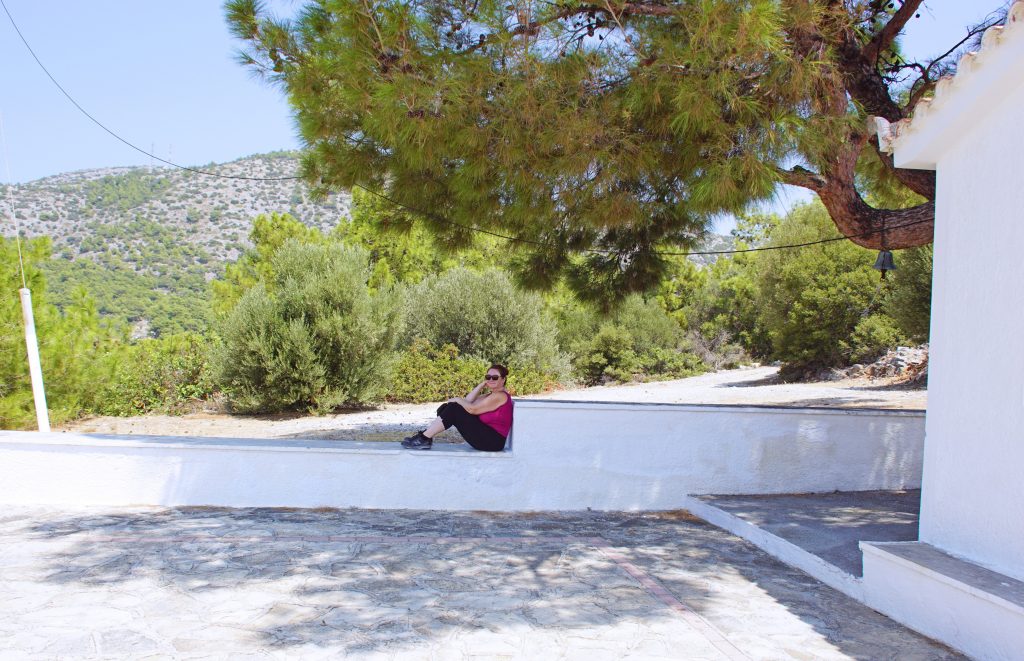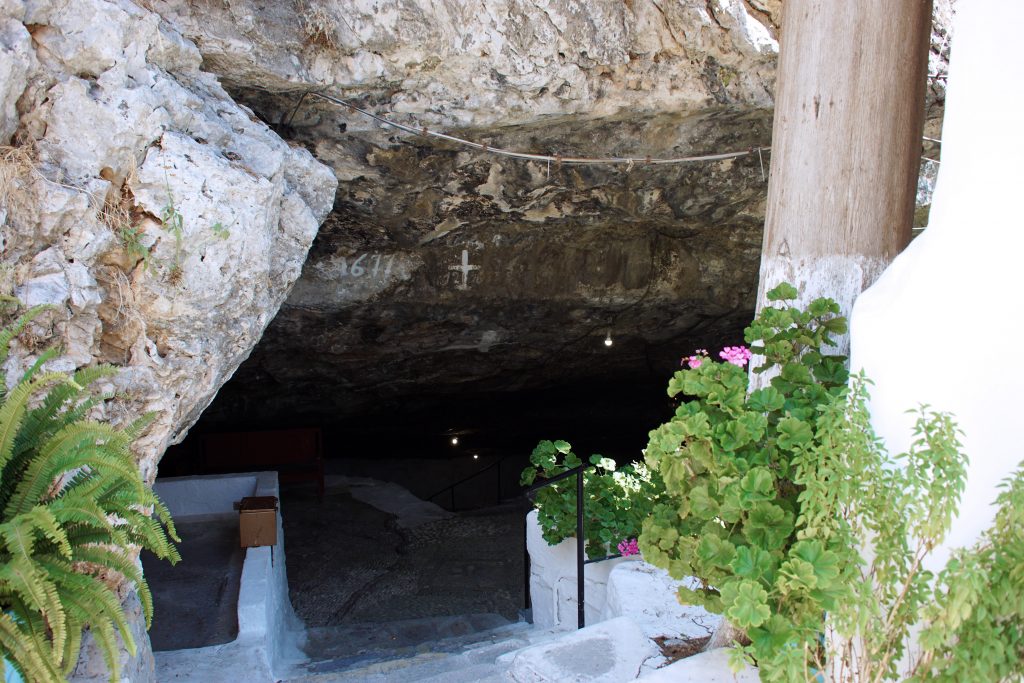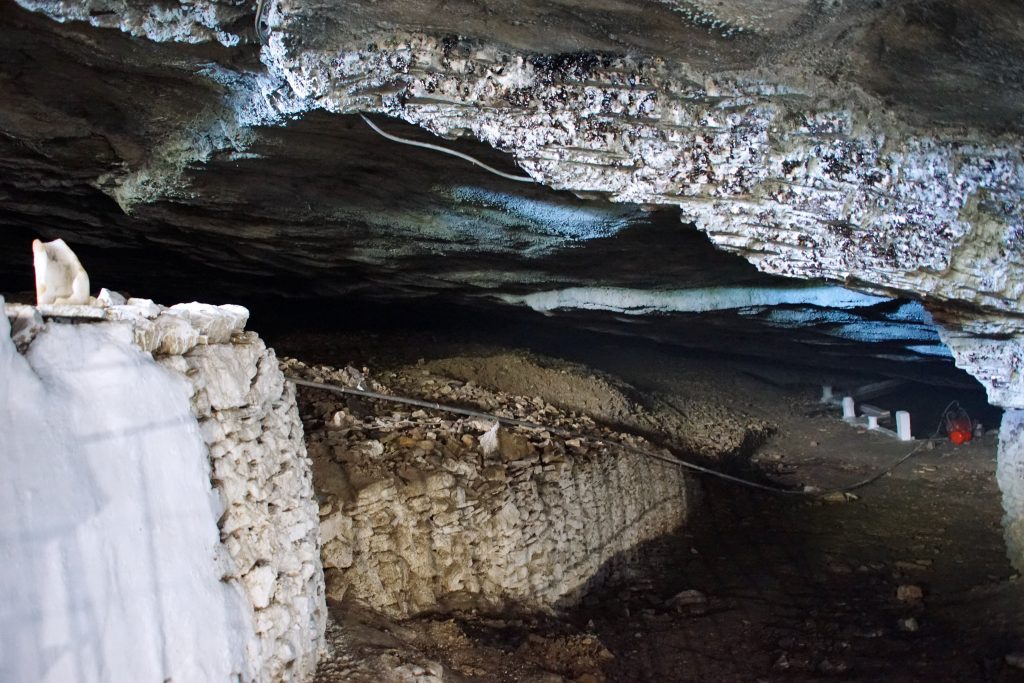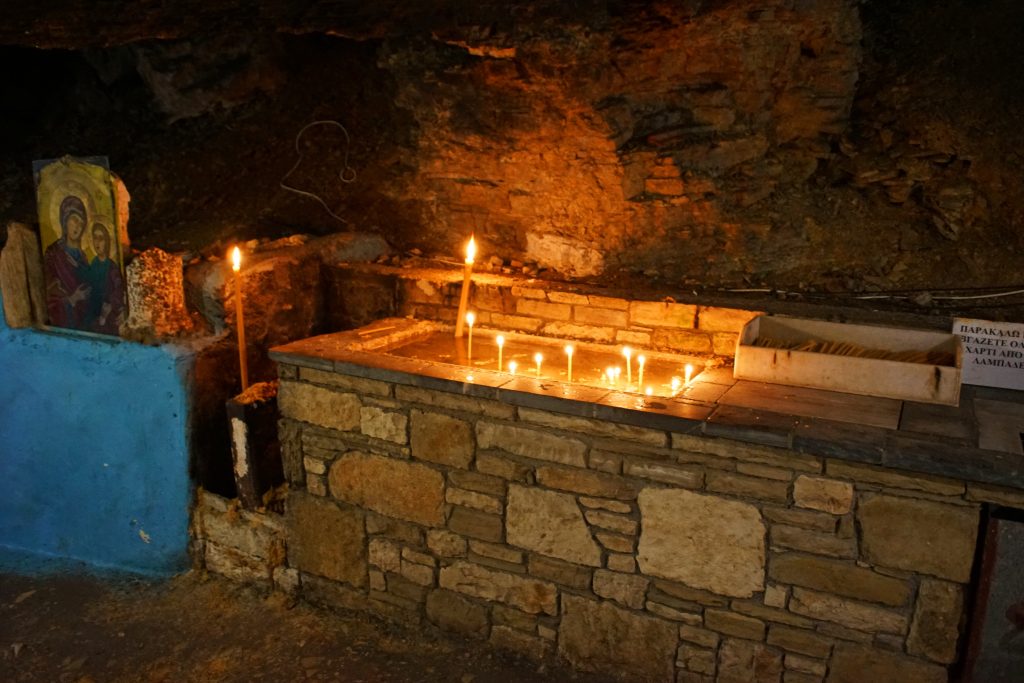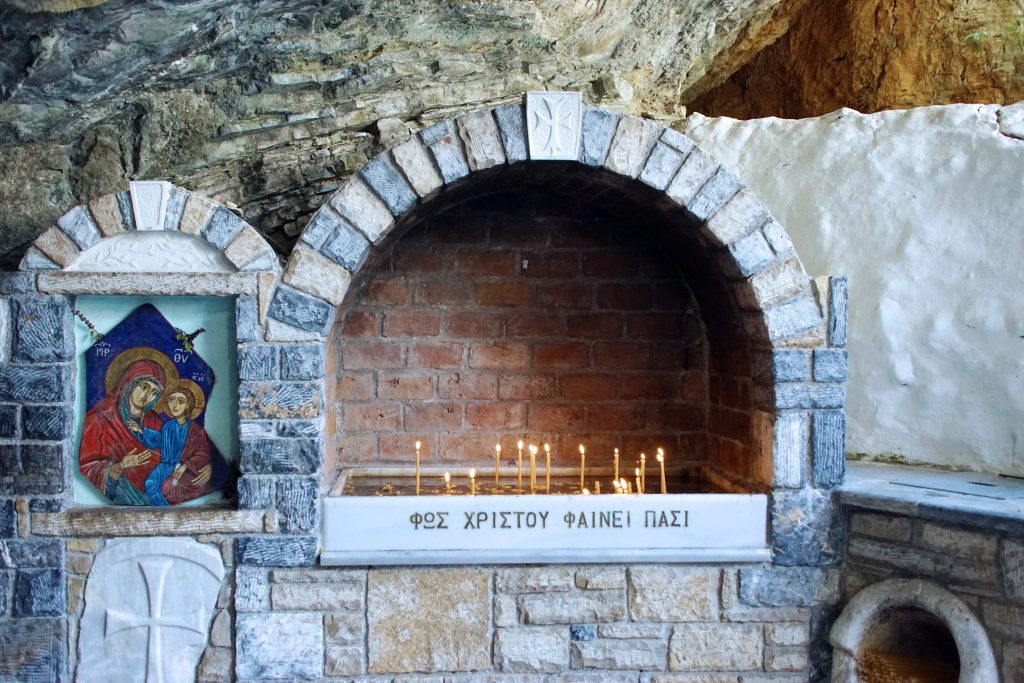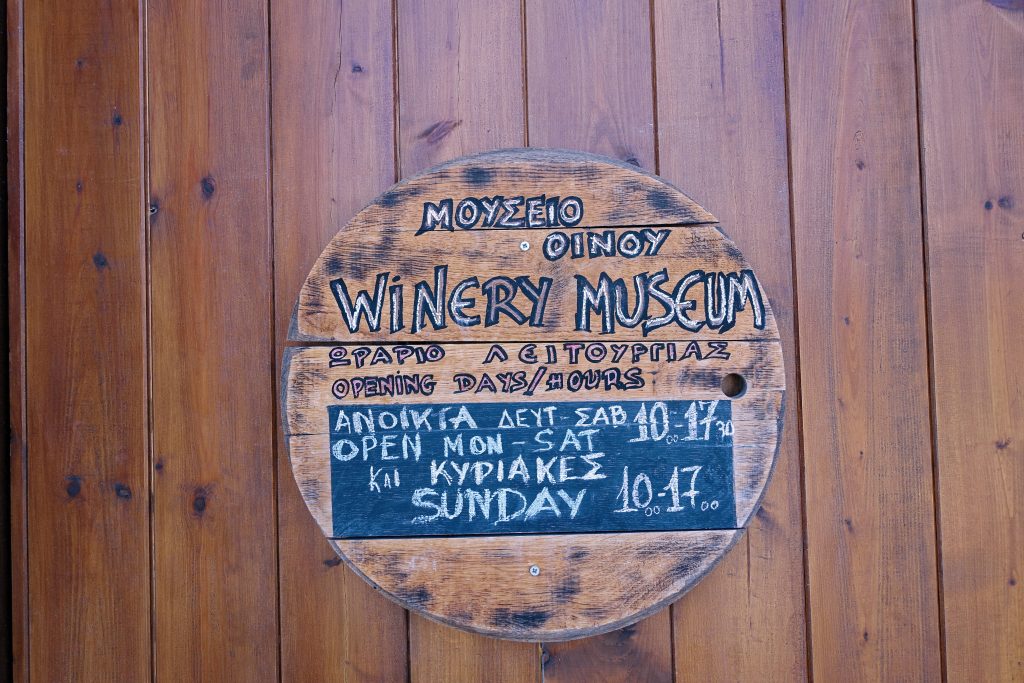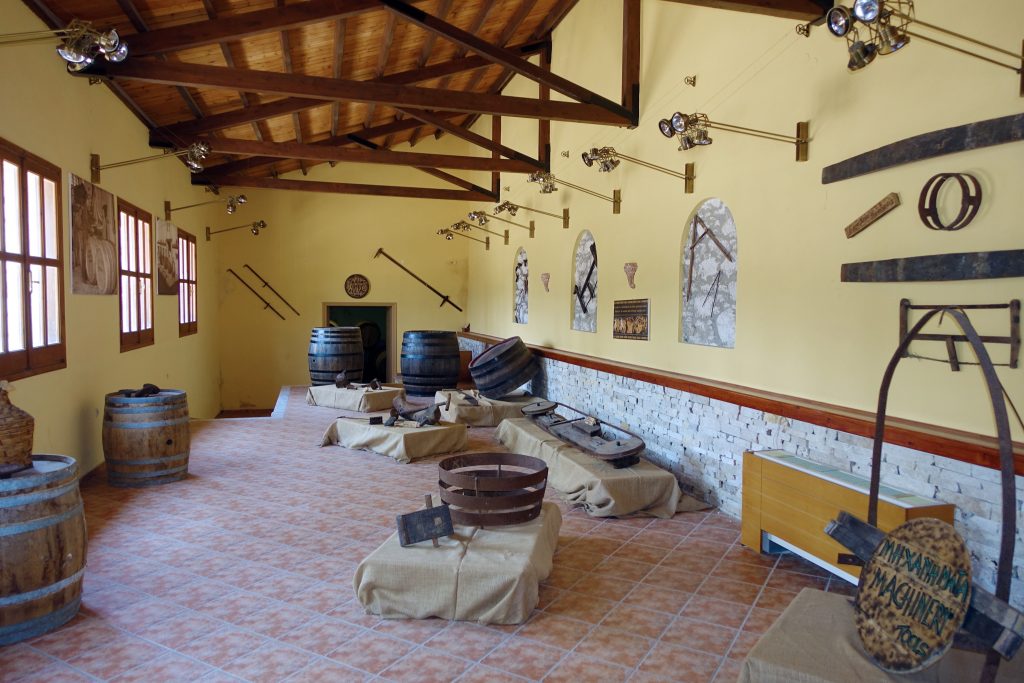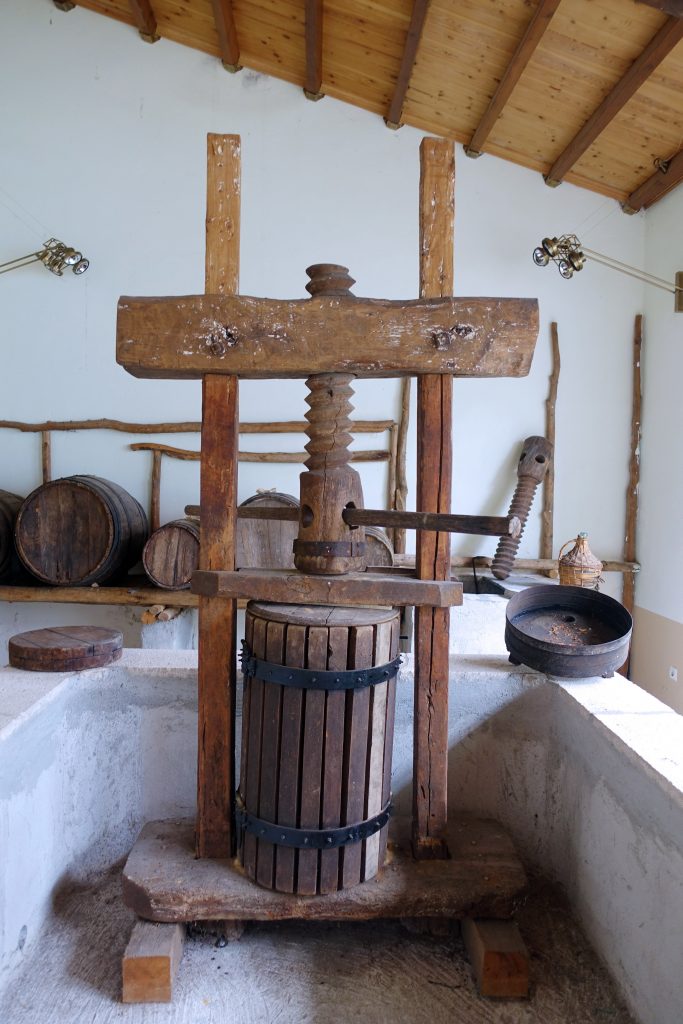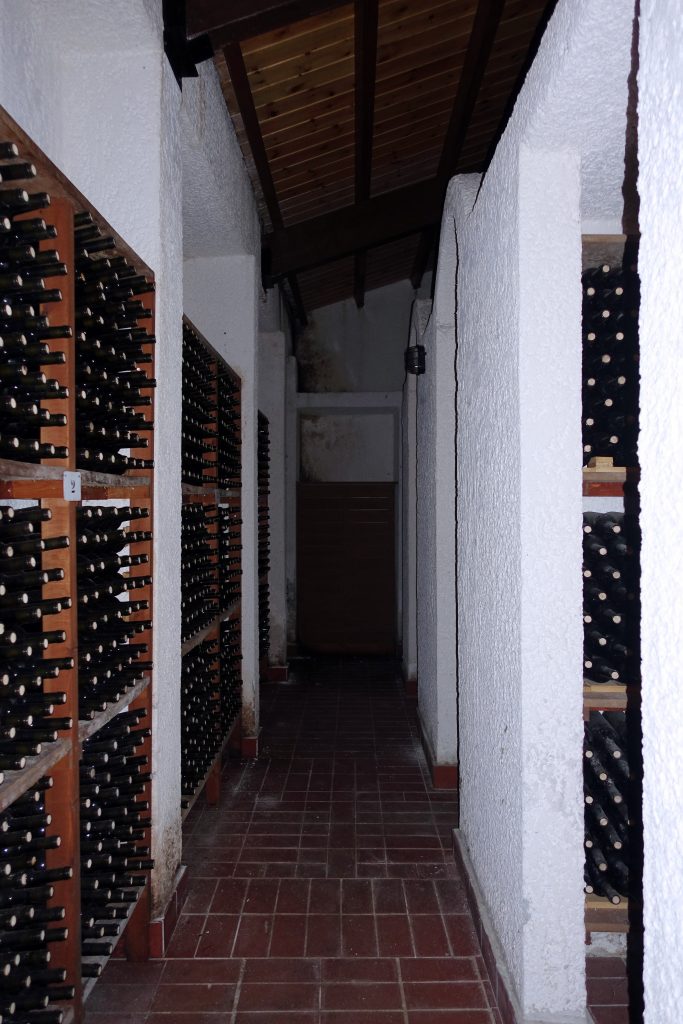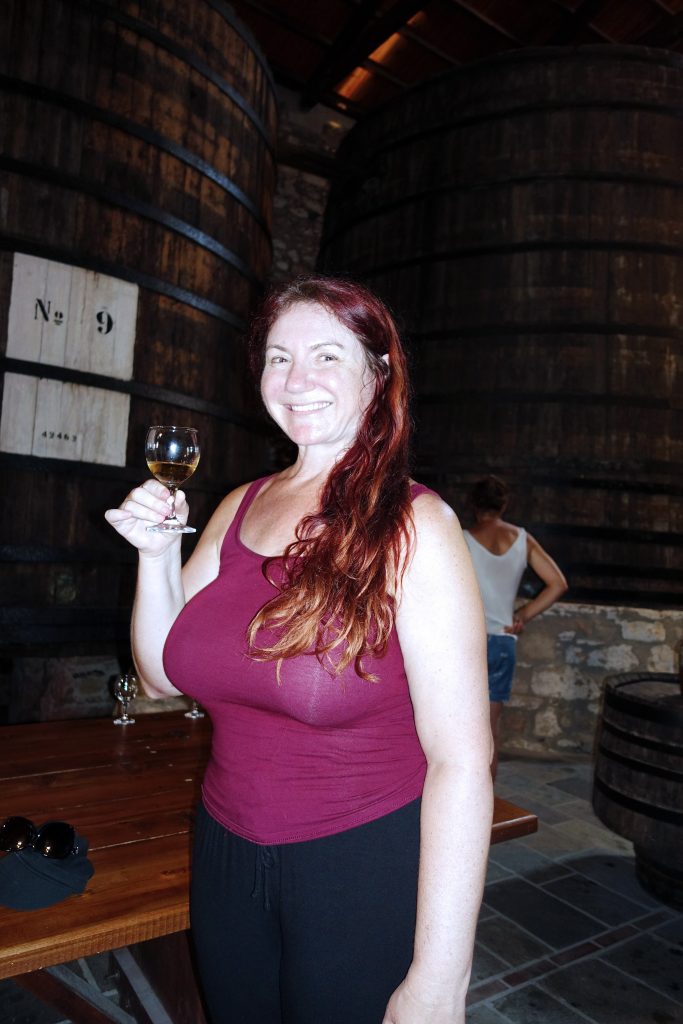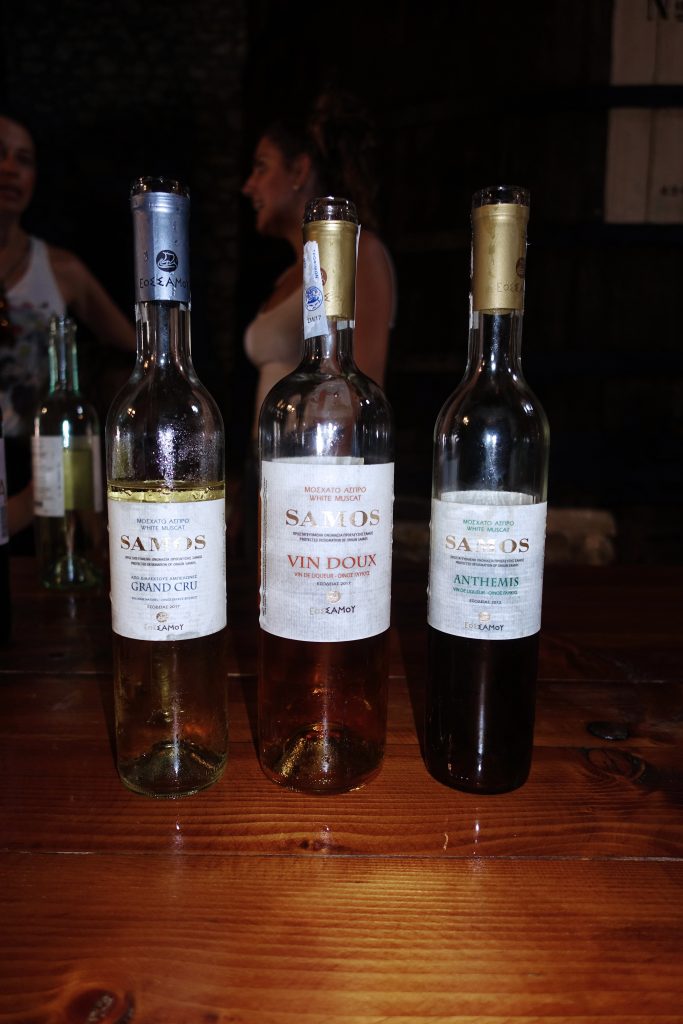We are vacationing in the town of Kokkari on the Island of Samos in the nation of Greece, and it’s time to rent a car and explore the rest of the island. (Don’t forget your international driver permit!)
There are a number of car rental establishments, and we visit each one, looking at their inventory and talking to their agents. Not unexpectedly, the best choices are farthest away from the center of town, and we rent from GO Rentals (samos-gorentalcar.com), a family-owned business with very competitive rates and very friendly and helpful agents.
In fact, we rent three different times from GO Rentals, each time getting a slightly larger car. When driving the car you see above, we have to re-adjust ourselves just to use the stick shift. But, no matter, we are off on an adventure!
Castle of Lykourgos Logothetis
First on our itinerary is the Castle of Lykourgos Logothetis in Pythagorio. Lykourgos Logothetis was a Samian who became the island’s political and military leader during the Greek War of Independence – but that’s a story for another time.
We pull off the road to take a photograph. The castle has what is called a commanding view of the sea.
A path leads to the castle. I suspect those glass windows are of a more recent design.
We pass a monument to Lykourgos Logothetis, one of Samos’ heroes.
An entrance such as this is very good defense against attackers. We have to remember to keep our heads down.
Hollywood would lead us to believe that all of Greece was white, but marble comes in many colors.
It appears that the grounds were crowded with buildings and, probably, people.
The walls are thick and the windows built for defense.
We walk carefully along the ledge, imagining what it was like for the original inhabitants almost 200 years ago.
With all the martial elements, there is still a space for a Christian Basilica. It looks to us that the space would be lucky to hold a dozen people.
Adjacent to the castle is an orderly white cemetery, very well maintained.
We practice our Greek by reading the names, and notice this gentleman who resembles to this fellow from Superman.
While at the castle, we hear very loud sounds localized near trees, and finally see the source: a cicada. Although they have been used in myths and folklore to represent carefree living and immortality, we are very happy these little guys do not live in southern California.
Manolates
We drive to the village of Manolates, an unassuming community nestled in the mountains, elevation 360 meters. The road to our destination is steep and winding, and our car’s engine struggles. Not infrequently, we drive on the shoulder to allow oncoming traffic to pass. Honking before a blink curve is a must. And, eventually, we arrive.
The citizens of Manolates have thoughtfully provided a map so we won’t turn down the wrong street and get lost
Near the parking lot is a fixer-upper. We try to peer in the window but the building does not seem stable enough, so we keep our distance.
Many shops carry a beautiful assortment of Manolates-made pottery. Unfortunately, most shops do not accept credit cards and there is no ATM or bank in Manolates, so we are unable to purchase any of their products.
We walk the streets, mostly deserted, and wonder how the residents support themselves.
Agios Georgios church is one of the few churches we’ve seen that is nestled in a group of buildings rather than standing alone in a prominent location.
We begin to walk up to Loukas Tavern, but realize the tavern is way up the hill and it is too early to drink, so we return to the town.
We walk the whole town in less than an hour. If you are looking for a pace of life that’s slow even by island standards, Manolates is the place to be!
Pagondas
Let’s visit Pagondas! Why? Well, there’s a sign and we’re in a car and, well, that’s all. We’re going.
Plus, their website promises “picturesque houses with remarkable architecture and a large square with planes and mulberry trees for shade and relaxation in the summer,” and I want to see those planes!
A typical view on the island of Samos: greenery, red tile roofs, and a blue-topped church.
We stop in the town square. The folklore museum, housed in the elementary school, is closed today, so we just have a look around.
The equipment is similar to that of my childhood: Metal and concrete.
That ladder has but one railing. And I wonder how many kids come home with red paint etched in their skin.
Sorry, but this just looks painful.
Well, we could not find any planes, so we move on to our next destination.
Posidonion
Our adventure takes us to the harbor town of Posidonion, an unassuming village a stone’s throw from Turkey.
The road to Posidonion passes over a hill and, as is our custom, we stop to take a photograph. It looks perfect, doesn’t it?
A sign on a hairpin turn welcomes us to the beach community.
Island living is casual, you know?
We are very close to Turkey — which looks just like Greece. And the water is blue blue blue.
There are not many activities here at the beach, and in fact it’s a bit narrow, so we hike up to yet another church of Saint Nikolaos.
The church is modest, which is not unexpected, given the size of the town.
We try to read the message, but the hand-written letters are difficult to decipher. It must have been something important to write it on a church.
There are some small decorations in the courtyard. Perhaps this one references the Christian fish symbol, perhaps it references one of the dolphin species found in the Aegean sea, or maybe it’s just a fish.
The day is warm, and we rest in the shade for a while.
The best part of hiking to the church is the view from the courtyard. It is indeed splendid.
Spiliani Cave
Next we travel to the Spiliani Cave, a cool subterranean enclosure with a small chapel in honor of the Virgin Mary Spiliani.
It’s a bit of a drive up a winding road, but we arrive and look for the cave’s entrance — which is not particularly well marked. The first thing we notice is how cool the air is compared to the warm summer Samos air.
I reach across a rope boundary and take a flash photograph, which reveals what appears to be a pool hidden in the darkness.
Deeper inside is a votive altar with candles in a sandbox which, once our eyes adjust, provide quite a bit of light.
The temple is a simple affair, with even more votive candles in a sandbox.
And that’s all there is to the cave. Time to look into the Greek wine scene in Samos!
Samos Wine Museum
Time to learn about Samos’ wine history and perhaps indulge in some of Greece’s favorite beverage. Let’s visit the Samos Wine Museum.
“The Museum of Samos Wine is housed in a magnificent 19th-century stone building, which originally operated as a private winery and later as a warehouse and barrel-making facility.
Turned into a Museum in 2005, it displays artifacts of the defining history of Samos wine: old photographs and production records, vineyards and depiction of mountain terraces, manual labor, harvesting and manual presses, aging and vinification, cellars, collectible bottles, barrel-making tools, old winemaking machinery as well as a series of awards and distinctions.
In Samos, the white Samos Muscat grape reigns king. This is a noble variety fairly popular around the Mediterranean basin and widely planted in other parts of Greece as well. However, only in Samos does it produce the fat, luscious wines for which the island is known.”
We arrive, eager to begin our winey adventure.
It is a self-guided tour, and we take our time to explore. The equipment is in good shape, as if it has only recently been put in this museum.
This press would have taken two strong people to turn — then leave a mess in the bottom. What ever happened to young women stomping grapes barefooted?
Row after row of delicious grape juice. Yum.
The final leg of the tour takes us to the tasting room, where a young woman provides samples. Sadly, one of us has to drive, so only one of us gets to taste. 😥
But, no matter. We purchase a selection of wines to drink in our house in Kokkari.
But wait, there’s more! We haven’t been to any really old archeological sites yet! Check back next week for more adventures!

